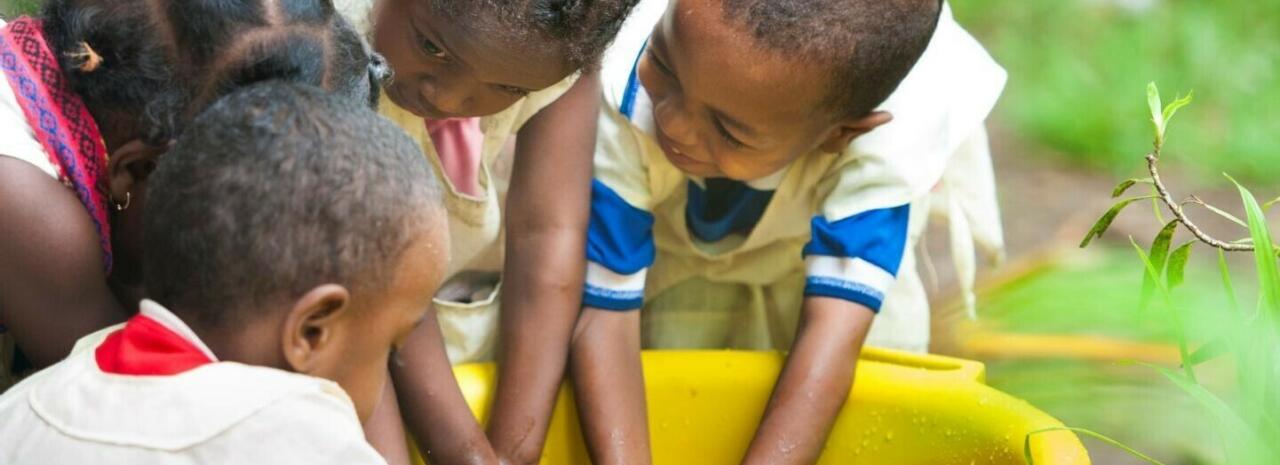
Counting the health costs of VAT on soap in Madagascar
Only one in four people in Madagascar have access to basic hygiene, including handwashing. The COVID-19 pandemic has created an opportunity to increase handwashing, as households are more aware of its benefits and have reported practising it more often.
However, the COVID-19-related economic crisis has reduced household incomes in Madagascar, with the cost of soap reported as an important obstacle to handwashing.
Under-investment in handwashing has significant economic implications in healthcare, reducing productivity and leading to loss of life. To increase handwashing in Madagascar, demand-side activities must be complemented with supply-side interventions. In this context, UNICEF is exploring alternatives that could lead to a reduction in the price of soap.
Since part of the cost of soap is an indirect tax (value-added tax) paid by all consumers, eliminating this tax on the soap could be one way to reduce its retail price and boost its consumption. However, such a measure would result in a reduction of fiscal space, threatening the funding of other public investments. For this reason, the World Bank recommends any new decision to grant a tax exemption in Madagascar should be supported by a positive cost-benefit analysis.
The Human Development Practice has partnered with UNICEF and the Ministry of WASH in Madagascar to evaluate whether an exemption in the value-added tax on soap would increase access to soap and achieve better WASH-related outcomes, and drive tax policy decision-making based on the recommendations derived from the evaluation.
Using a cost-benefit analysis, we generated economic evidence on the short- and long-term potential impact by applying the measure compared with the current situation. We also provided valuable insight on how variations in the design of the intervention would impact the results.
The results of the cost-benefit analysis will be used as a tool to support or reject the application of the VAT exemption on soap in Madagascar. It will serve as an advocacy tool for external stakeholders, and as a guiding tool to be used internally in implementing the measure, if recommended, or the design of better alternatives.